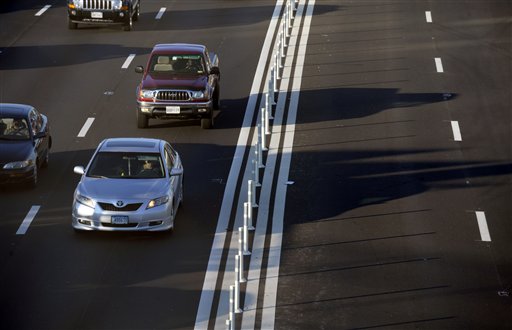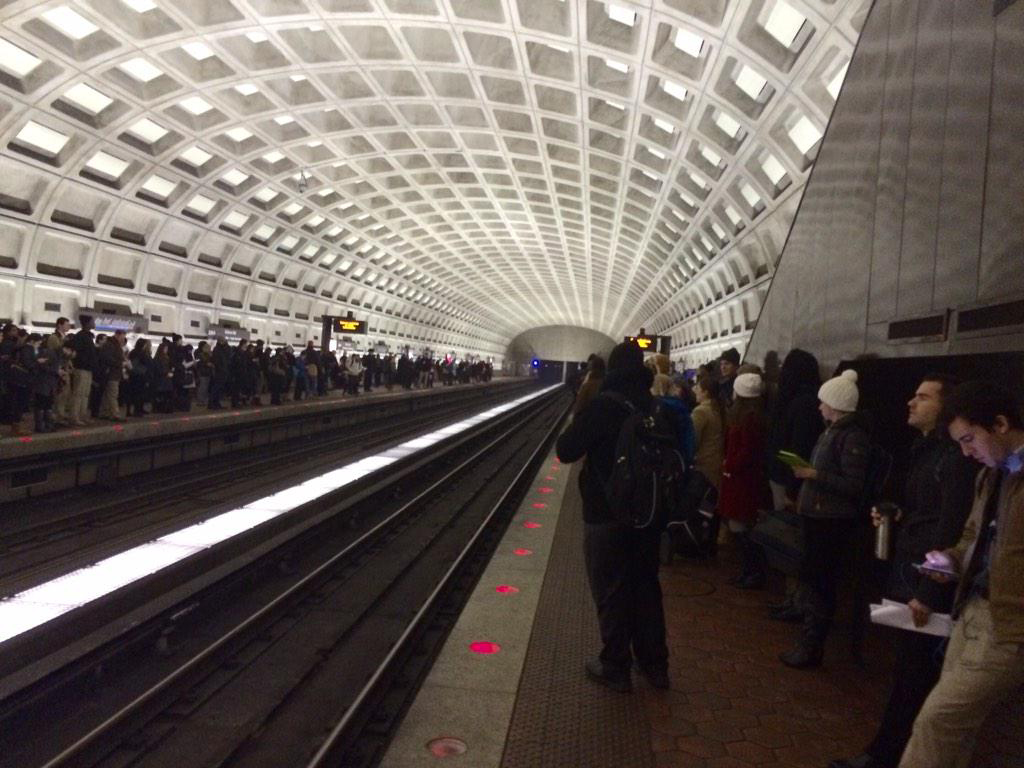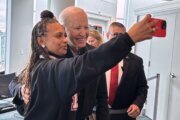WASHINGTON — A new report from the Metropolitan Washington Council of Governments this week finds that transportation is underfunded, needing at least $24.5 billion to catch up with basic needs for roads, bridges and rails.
“Infrastructure is usually under-appreciated until something goes wrong,” said District of Columbia Council Chairman Phil Mendelson, who proposed that COG prepare the report last year.
“Maintenance and replacement costs in critical sectors have been deferred as leaders have been faced with competing priorities, and the need for investing in new systems to support growth and maintaining a state of good repair totals in the billions,” he added.
The report finds that the region will need to spend at least $7.5 billion between now and 2030 on resurfacing and rehabilitating roads. Without such improvements, the roads could become unsafe for motorists and cause damage to cars.
Another $1 billion or more will also be needed over the next 10 years to fix or replace bridges that are deficient or reaching the end of their lifespan in D.C., Maryland and Virginia.
Then there is money for Metro. It needs billions to keep up with repairs to maintain the status quo. It needs billions more to replace the 1000-series cars with the new 7000-series cars. It needs more billions for the Metro 2025 Momentum plan to fix overcrowded stations and overcrowded trains and upgrade power systems. This includes a plan to move to all eight-car trains during rush hours.
The question becomes how to raise all this money.
Many voters hate the idea of raising gas taxes, which both Maryland and Virginia have done in recent years. Others dislike toll roads such as the Intercounty Connector or the 495-95 Express Lanes. Instead of gas taxes, public-private partnership toll roads are supposed to transfer most of the costs for construction to private companies, which reimburse their debt through tolling.
Finally, there are fare increases: Higher Metro fares. Higher MARC or VRE fares. Higher fares on local bus systems. Customers are generally opposed anytime government wants to charge more for the same service.
So as the report highlights a key need in this region, the answer to the money question will determine whether anything ends up happening.
Follow @WTOP and @WTOPTraffic on Twitter and WTOP on Facebook.







